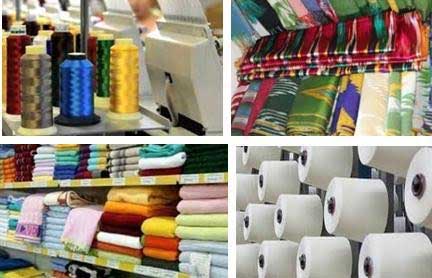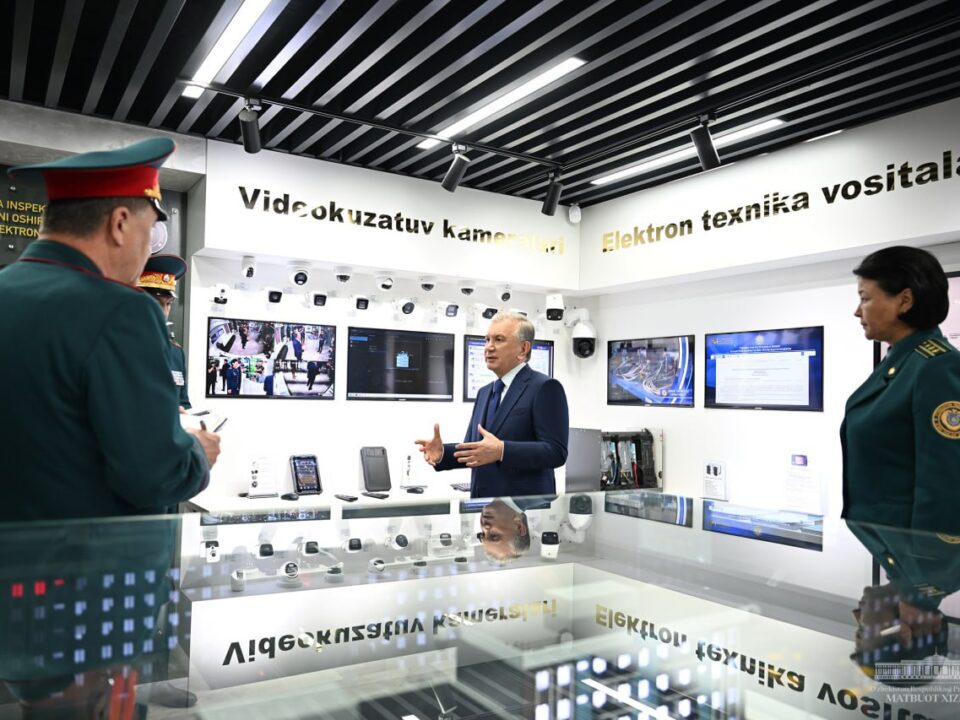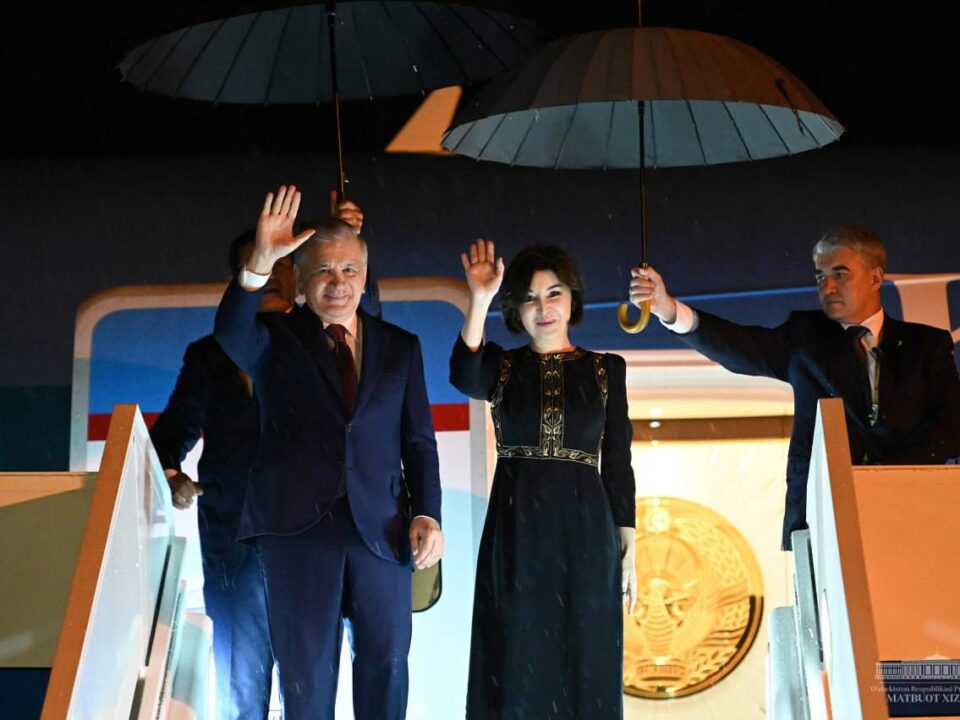Enterprises of the textile industry of Uzbekistan have exported goods at $206.1 million in the first quarter of 2016 with 6.2 percent increase YOY.
Today, the products of light industry enterprises are shipped to more than 55 countries in Europe, Asia, North and South America. Meanwhile, the industry is going to take additional measures to increase exports by the end of the year, through the development of new marketing services, and active promotion of products in the global market.
The current export growth is directly related to the increase in production performance. For instance, this January-March, the enterprises produced 178 kinds of products, including18 new products. Enterprises established the production of filter fabrics, waffle and denim fabrics, technical cloth, tent cloth, canvas, gabardine, and more fr om semi-finished products, 24 designs of sewn and 5.8 million pieces of finished knitwear. In general, the cost of new types of textile products has totaled 60.2 billion soums.
By the beginning of the current year, the capacity of O’zbekyengilsanoat enterprises was 490,000 tons of yarn, 296 million square meters of cotton cloth, 96,000 tons of knitted fabric, 271 million items of garment and knitwear, and 71 million pairs of socks and hosiery.
Russia has become the main importer of domestic light industry products. In the first three months of the current year, Uzbekistan exported products to Russia at approximately $100 million, and the share of Russian companies exceeded 40% in the total volume of exports of domestic light industry.
The positions of Uzbek companies in the Russian market are currently strong and grow stronger with the years, primarily owing to improved quality of articles, which comply with international standards, as confirmed by ISO certificates.
The annual growth of the share of finished products in exports to Russia has been an important trend. To date, it has exceeded 35%, comprising mainly children’s outerwear, garment and knitwear, underwear, which is popular in the Russian market. Environmental friendliness, entirely organic cotton, and therefore, protection from allergies, rank among major factors of demand of Uzbek products.
A new trend of sectoral cooperation has also appeared in the relations between Russian and Uzbek enterprises, said the source. Today, many local manufacturers produce certain products, send them to the Russian companies, wh ere they are refined and exported all over the world as branded products.
There are successful examples of such cooperation between enterprises of the Ferghana Valley and textile companies from Ivanovo region. The Uzbek side supplies Russia with the fabrics that are made in line with the parameters of the Ivanovo textiles, then they apply prints, make the final product and send it for export.
Uzbekistan has been cooperating with the largest hypermarket networks like Pyaterochka, Continent, and others. Through them, the local businesses have accessed the broad sales network across Russia, supplying textile products like T-shirts, of which the brand holders make the final product.
According to the company experts, domestic exports of textile products will grow significantly in the next few years, despite the crisis in the Russian market due to the fact that the Russians are reconsidering their attitude to consumption. Previously, they were ready to buy cheap clothes made from low-quality fibers and colors, while today more and more customers pay attention to safety of textiles, and hence to domestic products.
REFERENCE
Currently, the country’s light industry network comprises 300 companies operated by latest technologies and equipped with state-of-the-art facilities. The development strategy of the industry is based on modernization and technical re-equipment of production, involvement of foreign investors, production of competitive goods and increase of supplies to foreign markets.


























